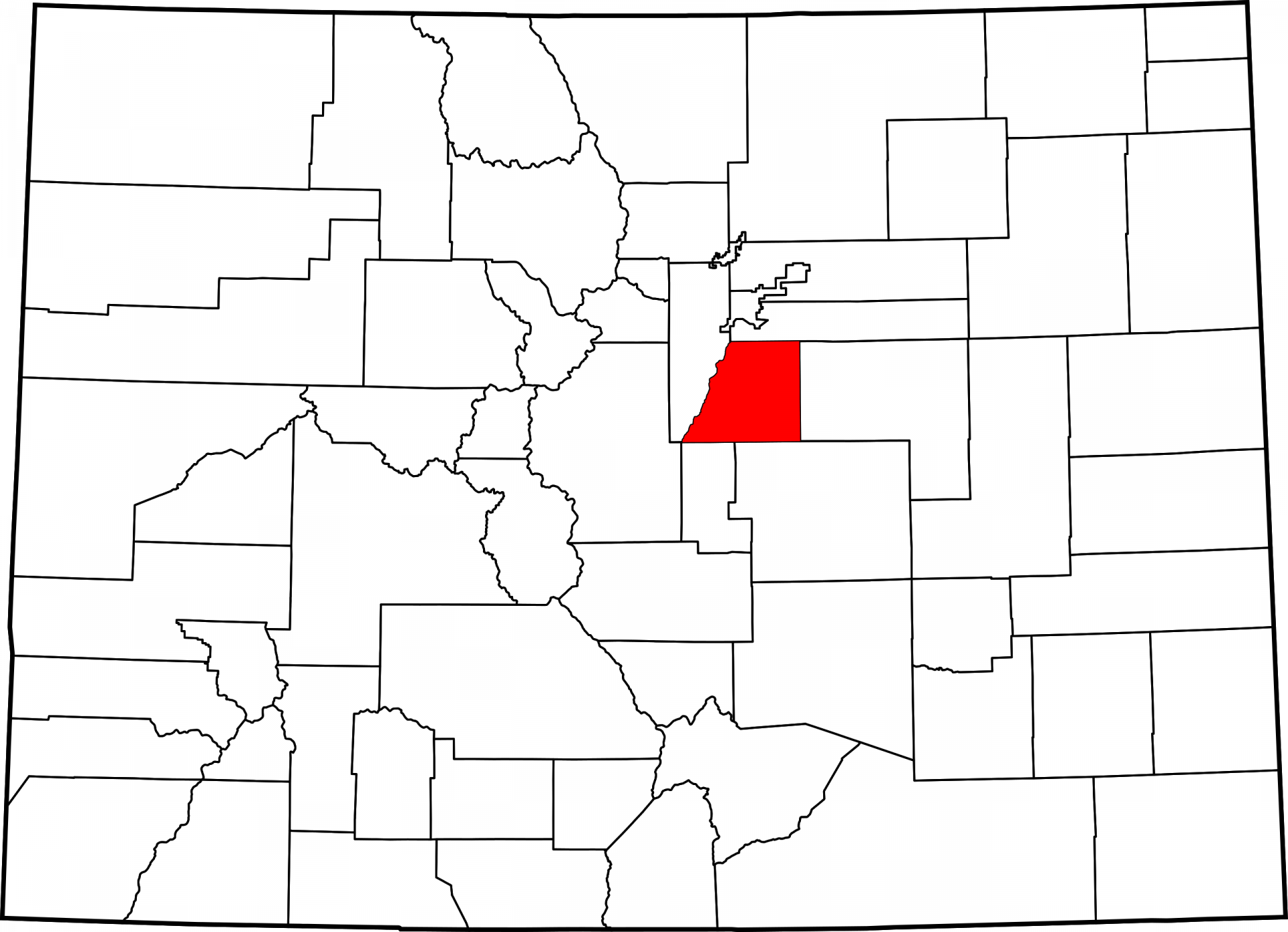DougCo creates new water planning group to help it grapple future water insecurity, but some selected appointees are raising questions for local water providers
By Shannon Mullane.
Shared from The Colorado Sun
Appointees to a new Douglas County water commission include a former state water official and a real estate developer with a controversial plan to export water to the south metro suburbs from the San Luis Valley.
Douglas County commissioners approved 11 appointees to the commission during a work session Monday. Among them is James Eklund, a water attorney and former director of the Colorado Water Conservation Board, and Sean Tonner, a principal with Renewable Water Resources, a real estate development group that hopes to sell agricultural water from the San Luis Valley to Douglas County water users.
The commission, created earlier this year, is charged with developing a plan for the county’s water needs until 2050. Water providers in the area have been concerned that special interest groups, like Renewable Water Resources, could sway the group’s approach to water projects.
The 11-member advisory board includes three District 1 representatives, Eklund, Jack Hilbert and Donald Langley; three District 2 appointees, Clark Hammelman, James Maras and Roger Hudson; and three District 3 representatives, Frank Johns, Evan Ela and Harold Smethills.
Tonner and Tricia Bernhardt are at-large members, or voting members who will represent rural communities in the county. Appointee terms will end in November 2025, and three-quarters of the group will be residents or landowners within the county. Their first board meeting will likely be in December.
Douglas County still must adopt the official resolution that will define the commission’s structure and goals in more detail—which should happen Tuesday—but the overall goal is to ensure the county has an adequate water supply into the future. The advisory group will be responsible for shaping a comprehensive water plan that will provide for the county for decades to come.
No county plan
Right now, there is no existing water plan that covers the entire county, including rural, unincorporated areas in the county, Douglas County Commissioner Abe Laydon said.
“Not having a plan is planning to fail,” Laydon said. “It’s really almost bringing together a team of rivals to have that conversation.”
The water commission’s creation was met with mixed responses from community members. Douglas County doesn’t actually supply water, relying on independent water districts that already have plans in place. They fear the new commission will duplicate their efforts and that special interests could exert undue influence on any future water proposals.
“When you politicize water, it’s always a little more difficult, so I worry about that,” said Ron Redd, manager of Parker Water and Sanitation District.
Tonner’s appointment to the commission has raised questions about how the county will manage conflicts of interest.
The RWR proposal to Douglas County suggested exporting about 20,000 acre-feet of water per year from the San Luis Valley to the county. The real estate developers own about 9,800 acres of land in the valley as well as agricultural water rights, and had options to purchase 8,000 more acres.
An acre-foot is enough water to serve two to three U.S. households a year.
The export plan faces widespread local opposition, with critics saying the valley’s aquifer is already severely depleted due to drought and overpumping.
“The Colorado Supreme Court affirmed this in 2006: There is no unappropriated water here,” said state Sen. Cleave Simpson, who represents counties in the San Luis Valley and is general manager of the Rio Grande Water Conservation District. “There’s nothing here that no one has found out about. For them to promote that is problematic and dysfunctional.”
Politicians across the political spectrum have opposed the RWR proposal, including Simpson, Gov. Jared Polis, U.S. Rep. Lauren Boebert, and U.S. Sens. Michael Bennet and John Hickenlooper.
Eklund was asked to look at the proposal and brief the County based on his experience developing the Colorado Water Plan’s guidelines for projects that move water from one basin to another. He said the plan’s framework requires support in both the basin of origin and the basin of destination.
“The conceptual framework has to be followed, and if it is then, you, by definition, have received some support and buy-in from the basin of origin,” Eklund said. “If you have that … then you’ve got yourself a project, but if you don’t, then you have to keep at it. If the people that are doing RWR don’t want to follow that roadmap, then I’m going to be a consistent ‘no’ on it.”
According to Simpson, there is zero support for the RWR proposal from any official in the San Luis Valley.
Douglas County commissioners ultimately passed on the $400 million San Luis Valley pipeline proposal in 2022. Douglas County Commissioner Lora Thomas, along with Laydon, voted against the funding, while Commissioner George Teal supported the proposal. Thomas and Teal have accepted campaign funds from RWR principals.
Since then Renewable Water Resources has contributed thousands of dollars to races for seats on the Parker Water & Sanitation District Board.
In May, Robert Kennah won a seat on the Parker water board after receiving thousands of dollars in donations from partners in RWR, whose principals include former Colorado Gov. Bill Owens.
A second RWR-backed candidate, Kory Nelson, also received RWR donations, but did not win a board seat.
Water officials in the San Luis Valley have been watching all of this activity closely, said Heather Dutton, manager of the San Luis Valley Water Conservancy District.
“I also hope Mr. Tonner will work in the best interest of his community, and not seek to promote his controversial proposal known as RWR,” Dutton said in a written comment.
In early October, Tonner said RWR had no project in front of the County and that he would recuse himself if any plans were pushed by the private company, according to news reports.
“Douglas County is a fast-growing geographically and economically diverse county—including large areas of rural, agricultural land,” Tonner said in a written statement. “The Commission is a long-overdue, positive step to take a county-wide look at longterm water supplies. That’s the first and most important task facing the commission.”
He did not respond to questions about whether he intended to bring up the pipeline proposal for discussion by the new water commission.
Laydon said members sign a conflict-of-interest form before serving and must focus on representing Douglas County during commission meetings. Members are obligated to recuse themselves when a conflict of interest arises, he added.
“I am not afraid of big, good ideas. A lot of manufactured outrage has been made about Sean Tonner, but he just came to us with a big idea,” Laydon said. Tonner’s plan didn’t advance, “but that doesn’t mean that big plans are not welcomed in this county.”
Who else is on the commission?
Appointees will spend their terms looking at water quality, quantity and dependability; doing public outreach and education; helping with coordination among water plan participants; learning about long-term supply needs and gaps; and finding ways to improve water efficiency and conservation. They will be supported by a technical advisory committee.
Eklund said the group could help fill in gaps between water plans developed by individual water providers in the area, like Castle Rock, Parker and the Southwest Metro Water Supply Authority, a coalition of 14 water providers in Douglas and Arapahoe counties.
“If you put all the interests in a room in the discussion and have the conversation, you get to a place where it’s possible to have win-wins. I know that sounds hyperbolic and eye rolling, but if you don’t do it, the negative is, you’re going to get to a zero-sum game really quickly,” Eklund said.
The water commission appointees come from a variety of backgrounds and include members of local water district boards, water attorneys, and representatives from local governments.
Shannon Mullane writes about the Colorado River Basin and Western water issues for The Colorado Sun. She frequently covers water news related to Western tribes, Western Slope and Colorado with an eye on issues related to resource management, the environment and equity. Her work is funded by a grant from the Catena Foundation.
This story has been republished with permission from The Colorado Sun. The Colorado Sun is a reader-supported news outlet and public benefit corporation. To learn more and subscribe to newsletters, go to coloradosun.com.


